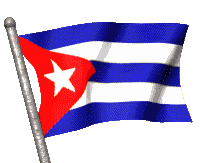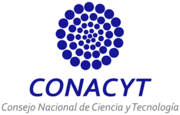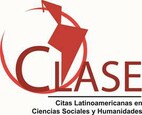Rhymes, praise and tongue twisters in the development of oral language.
Abstract
Oral language is a set of codes that allow human beings to communicate. During the pandemic, it was evidenced that toddlers presented difficulties in the development of orality, problems forming words or sounds, the ability to understand and speak, stuttering, and difficulty with phonemes; For this, a guide to rhymes, praises and tongue twisters was designed as a strategy for the development of oral language. A qualitative methodology was used applying an observation sheet, to identify the problem about language development in infants. The application of the didactic material "Trencito de la alegría" is proposed, and thus the improvement of oral skills in children from 4 to 5 years of age was achieved.




































1.png)







1.png)







